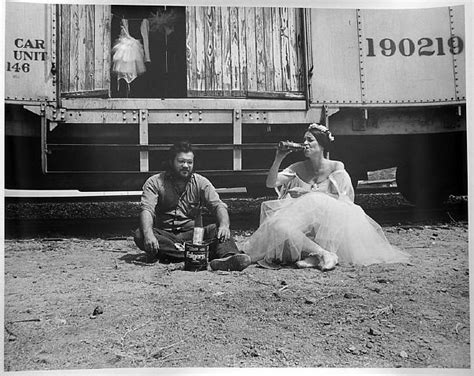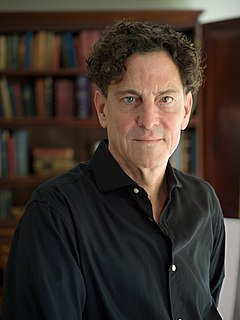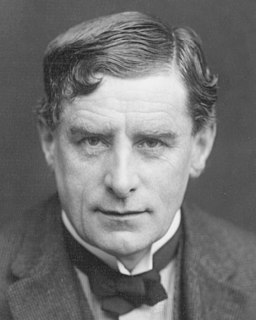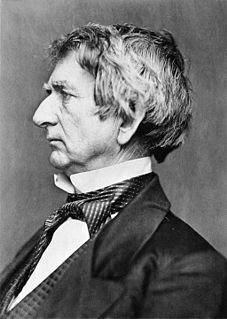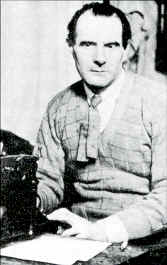A Quote by Hannah Arendt
There are no parallels to the life of the concentration camps. All seeming parallels create confusion and distract attention from what is essential. Forced labor in prisons and penal colonies, banishment, slavery, all seem for a moment to offer helpful comparisons, but on closer examination lead nowhere.
Related Quotes
Pompeii, especially, with its grand murals and its flourishing gardens haunted by the dark shadow of Vesuvius, has always suggested uncomfortable parallels with our contemporary world, especially here in Southern California, where the sunlit life also turns out to have dark shadows in which failure and death lurk at the edge of consciousness. Now in these times, we have even closer parallels with those ancient, beautiful, affluent people living the good life on the verge of annihilation.
Marx.... Lenin.... Mao Tse-Tung.... These men were animated by the love of brother and this we must believe though their ends meant the seizure of power, and the building of mighty armies, the compulsion of concentration camps, the forced labor and torture and killing of tens of thousands, even millions.
Slavery, you know, is nothing else than the unwilling labor of many. Therefore to get rid of slavery it is necessary that people should not wish to profit by the forced labor of others and should consider it a sin and a shame. But they go and abolish the external form of slavery and arrange so that one can no longer buy and sell slaves, and they imagine and assure themselves that slavery no longer exists, and do not see or wish to see that it does, because people still want and consider it good and right to exploit the labor of others.
Sports is a perfect activity in which to see streaks and cycles, organizational and otherwise, in action - and to watch confidence build or erode. There are repeated episodes of performance with similar rules and clear winners or losers. I added team sports to my studies of business because there are excellent parallels to work groups in the performance of sports teams and also excellent parallels to larger, more complex businesses or organizations in the strategy, structure, and culture surrounding any particular team.
Americans are an "almost chosen people," which is meant to suggest that there are clear parallels, literal, theological and everything else, between the American story and the Old Testament story of Israel and then the broader story of the Christian church. It's OK to recognize the parallels. It's OK to invoke them. But, you have to keep that "almost" in front of the "chosen." You can't go all the way and say, "America is Israel, America is the Church." That's where I think patriotism shades into, what I call, the heresy of nationalism.
Here, the churches seemed to shrink away into eroding corners. They seem to have ceased to be essential parts of American life. They no longer give life. It is the huge buildings of commerce and trade which now align the people to attention. These in their massive manner of steel and stone say, Come unto me all ye who labor, and we will give you work.

